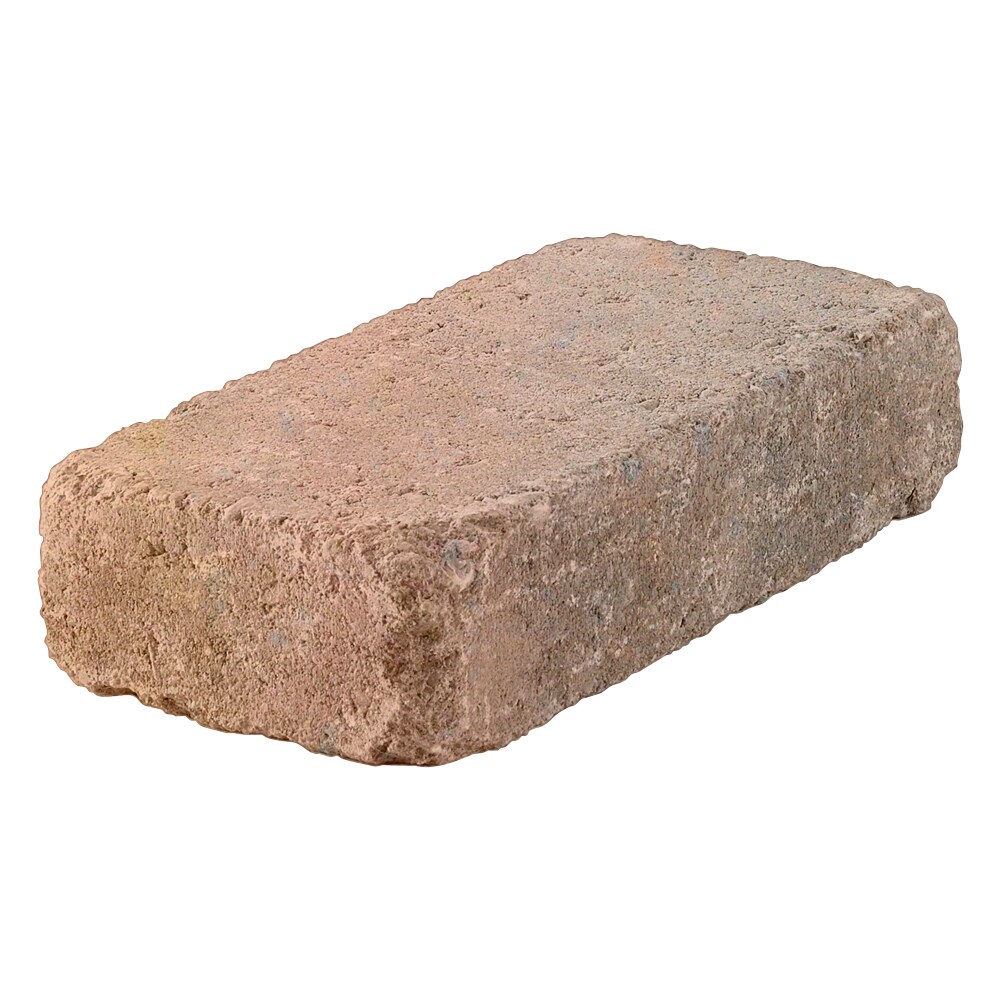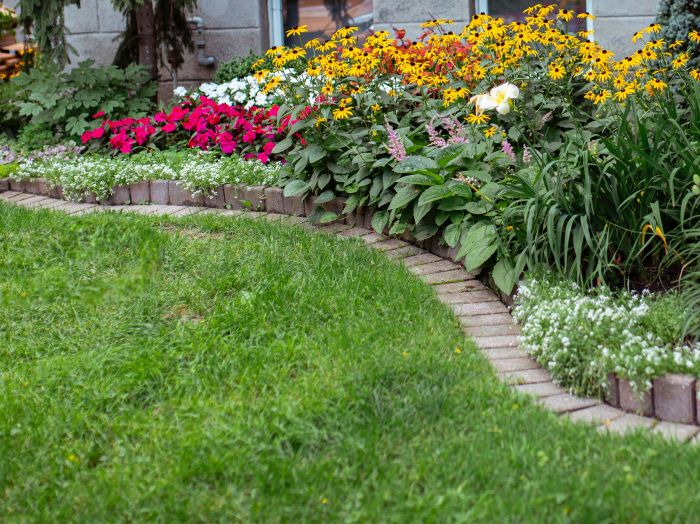A landscaper is designing a flower garden – A landscaper’s expertise in designing a flower garden is an art form that transforms outdoor spaces into vibrant and captivating havens. From the initial consultation to the meticulous plant selection and arrangement, this comprehensive guide delves into the intricacies of creating a flower garden that not only meets the client’s vision but also harmonizes with the surrounding landscape.
Understanding the client’s preferences, budget, and desired aesthetics is paramount in crafting a garden that reflects their unique style. Landscapers draw upon their knowledge of different flower garden styles, from traditional to contemporary, to create a design that complements the architecture and surroundings.
1.
Introduction

Landscaping and flower gardens play a crucial role in enhancing the beauty of outdoor spaces. They transform dull landscapes into vibrant and aesthetically pleasing environments, providing a sanctuary for relaxation, entertainment, and connection with nature. A well-designed flower garden can elevate the visual appeal of any property, creating a harmonious blend of colors, textures, and fragrances.
Landscapers are skilled professionals who possess the expertise to design and create flower gardens that meet the specific needs and preferences of their clients. They work closely with clients to understand their vision, budget, and site conditions, ensuring that the final design aligns with their aspirations and complements the surrounding landscape.
2.
Planning and Design

Initial Consultation
The initial consultation between the landscaper and the client is a critical step in the design process. During this meeting, the landscaper gathers information about the client’s preferences, including their desired garden style, color scheme, and plant selections.
They also assess the site conditions, such as soil type, sun exposure, and drainage, to ensure that the chosen plants will thrive in the environment.
Understanding Client’s Preferences
Understanding the client’s preferences is paramount to creating a flower garden that meets their expectations. The landscaper explores the client’s vision, discussing their desired ambiance, whether they prefer a formal or informal garden, and the specific plants or colors they are drawn to.
This in-depth understanding ensures that the final design reflects the client’s personal style and aspirations.
Flower Garden Styles, A landscaper is designing a flower garden
There are various flower garden styles to choose from, each with its unique characteristics. Formal gardens are characterized by symmetry, geometric shapes, and meticulously arranged plants. Informal gardens, on the other hand, are more relaxed and naturalistic, featuring winding paths, diverse plant combinations, and a blend of colors and textures.
Plant Selection
Selecting the appropriate plant species for a flower garden is crucial. Landscapers consider factors such as climate, soil conditions, and desired aesthetics when making their choices. They choose plants that are well-suited to the local climate and soil type, ensuring that they will thrive and produce vibrant blooms.
FAQ Corner: A Landscaper Is Designing A Flower Garden
What factors should be considered when selecting plants for a flower garden?
Climate, soil conditions, desired aesthetics, bloom time, and companion planting principles should all be taken into account when selecting plants for a flower garden.
How can a landscaper help me create a flower garden that complements my home’s architecture?
A landscaper can assess the architectural style of your home and design a flower garden that harmonizes with its lines, colors, and overall aesthetic.
What are some tips for attracting pollinators and beneficial insects to my flower garden?
Choosing a variety of native plants, avoiding the use of pesticides, and providing water sources can help attract pollinators and beneficial insects to your flower garden.

